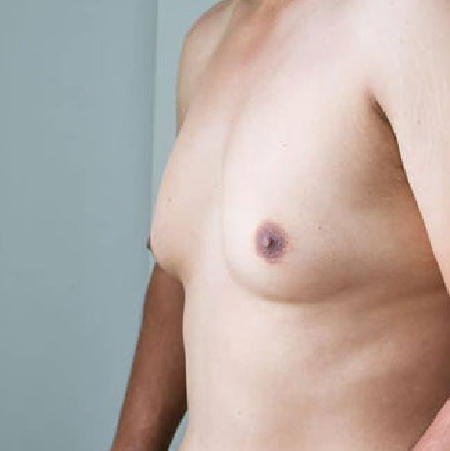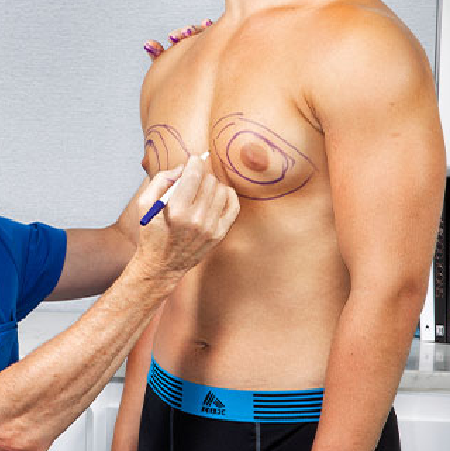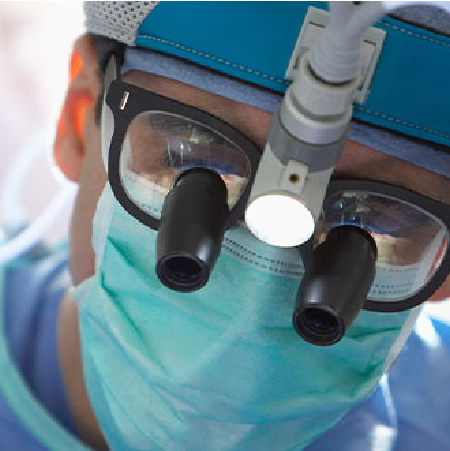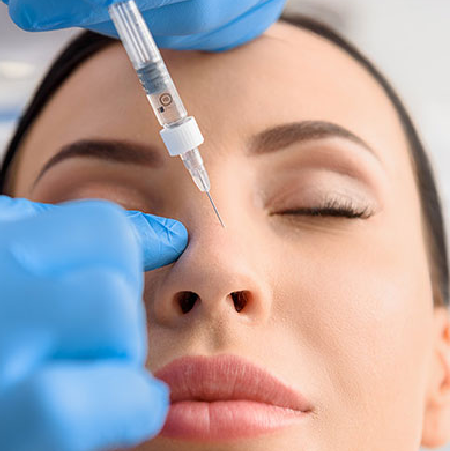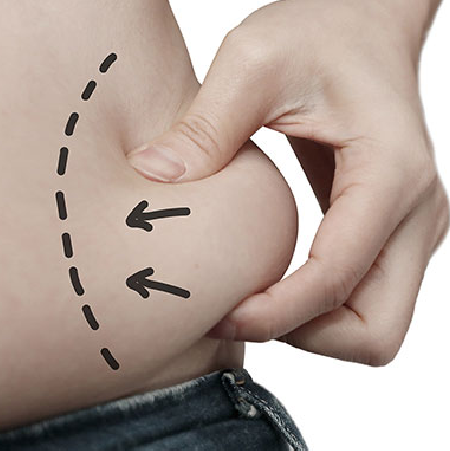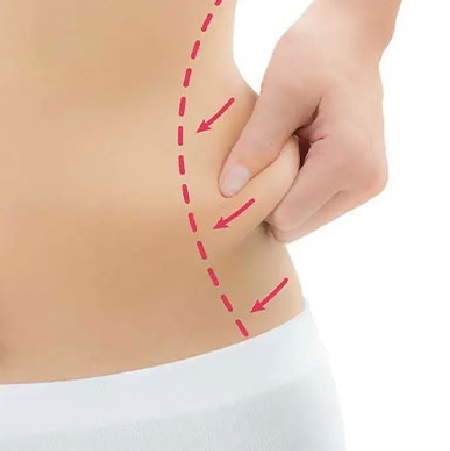Hair loss after weight loss surgery
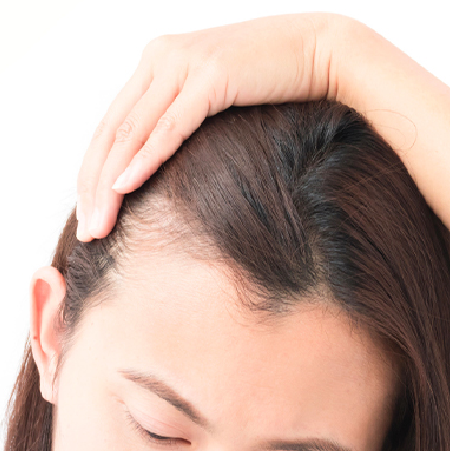
In many cases, hair loss following bariatric surgery (an operation to aid with weight loss) is just temporary. Telogen effluvium is the medical term for this pattern of hair loss. Surgery is thought to trigger it by altering the body’s hormonal and nutritional balance.
The body undergoes major changes, such as decreased calorie intake and altered nutrient absorption, after weight loss surgery. Iron, zinc, biotin, and vitamin D are just a few of the vitamins and minerals that might be depleted as a result of these shifts. Losing weight quickly is a known cause of hair loss in and of itself.
Hair loss following bariatric surgery often begins between three and six months after the treatment. Increased hair shedding, hair thinning, and bald spots are common symptoms. The good news is that hair normally grows back within six to twelve months, making this form of hair loss transitory.
Here are some tips to keep hair loss to a minimum after bariatric surgery:
- Feed yourself well: Make sure you’re receiving enough of everything you need by working closely with a licensed dietitian or nutritionist who focuses on post-bariatric surgery patients. They may advise using nutritional supplements to fill in any nutritional gaps.
- Protein is essential for healthy hair, so be sure to get enough of it in your diet. Protein-rich foods include skinless poultry, fish, eggs, beans, and low-fat dairy.
- Mineral and vitamin supplements: To prevent deficiencies and promote healthy hair, your doctor may suggest taking vitamins. Vitamin D, biotin, iron, and zinc may all fall into this category.
- Avoid crash diets if you don’t want to speed up hair loss. Maintaining a healthy diet and committing to moderate, consistent weight loss are both crucial.
- Take extra care not to pull or tug at your hair, since this might cause breakage. Make use of a wide-toothed comb, put down the curling iron, and cut down on the use of harsh chemicals.
- Reduce your stress levels; they may be causing your hair to fall out. Try meditating, doing yoga, or spending time on a hobby you like to relieve stress.
- If you’ve undergone weight-reduction surgery and are suffering substantial hair loss, it’s important to discuss your options with your healthcare practitioner or a dermatologist. Your unique circumstance will be assessed, and then tailored advice for promoting healthy hair development will be given.
Hair Loss After Bariatric Surgery: The Facts
Post-bariatric surgery Alopecia, also known as telogen effluvium, is a condition in which patients have significant hair loss after having bariatric surgery. Some important information concerning hair loss following bariatric surgery:
Studies have shown that anywhere from 40–50% of people experiencing bariatric surgery lose their hair following the procedure. It usually starts 3–6 months following surgery but can happen sooner or later.
Many different things might lead to hair thinning or falling out following bariatric surgery. Rapid weight loss is a major contributing factor because of the physiological stress it produces. In response, the body may enter a resting phase (telogen) of the hair development cycle, resulting in more frequent hair loss. Lack of essential nutrients like protein, iron, zinc, biotin, and vitamin D can exacerbate hair loss.
read more: Weight Loss After Gastric Sleeve Surgery
The hair loss that occurs following bariatric surgery is usually temporary. Within 6–12 months following the first loss, hair growth normally returns as the body readjusts to the changes and vitamin deficits are resolved. The hair may start off looking thinner or sparser than usual, but it should thicken up and grow with time.
Hair loss can vary in both severity and duration from person to person. Some people may notice only a slight thinning of their mane, while others may notice a more dramatic loss of hair. The degree of hair loss is influenced by several variables, including heredity, general health, and dietary habits.
Preventing excessive hair loss in the wake of bariatric surgery requires careful attention to one’s diet. Protein-rich meals and the right vitamin and mineral supplements, as outlined in the dietary guidelines, can help avoid nutrient shortages and encourage healthy hair development.
Seek the advice of medical experts: After having bariatric surgery, if you notice a considerable loss of hair, you should talk to your doctor. They’ll assess your condition, check for nutritional deficiencies using the appropriate diagnostics, and provide you with tailored advice to fix the problem.
Although hair loss is only temporary, taking care of your hair properly can prevent more damage and encourage healthy growth in the future. To avoid future hair loss or breakage, you should stay away from tight hairstyles, chemical treatments, and the use of heat tools.
Hair loss following bariatric surgery is a normal side effect that requires tolerance. As the body adjusts and nutritional deficiencies are corrected, hair growth should return to normal, despite the unpleasant shedding that may occur at first.
Hair Loss After Bariatric Surgery: Why It Happens and What to do
Knowing the causes and potential solutions is crucial. The gist is as follows:
Causes of hair loss:
- Rapid Weight Reduction: The drastic and quick weight reduction that often follows bariatric surgery might be the cause of hair loss. Because the body interprets this weight loss as stress, it interferes with the hair’s normal growth cycle.
- Nutritional deficits Bariatric surgery can have a negative impact on nutrient deficiencies such as those in iron, zinc, biotin, vitamin D, and protein. Lack of these nutrients can have a detrimental effect on hair health and speed up hair loss.
- Weight loss and other alterations to one’s body composition can cause hormonal shifts, and these shifts can play a role in hair thinning.
- read more: Gastric bypass surgery in Iran
Steps to take
- For healthy hair, it’s important to eat a diet rich in protein, vitamins, and minerals. To make sure you’re getting the nutrients you need after bariatric surgery, go to a certified dietitian who specializes in that procedure. To make up for any deficits, they could suggest taking a certain supplement.
- Get enough protein in your diet to promote healthy hair development. The protein in your diet should come from a variety of sources, including lean meats, fish, eggs, dairy, legumes, and plants.
- You can treat deficiencies by taking vitamin and mineral supplements as your doctor advises. Multivitamins, iron, biotin, zinc, and vitamin D are just some of the most commonly used supplements.
- Check Your Energy Intake: Crash diets and severe calorie restrictions can contribute to hair loss and should be avoided. Aim for a calorie deficit that is manageable yet nevertheless causes you to lose weight slowly and steadily.
- Avoid causing damage to your hair by treating it lightly. Don’t use too much heat, harsh chemicals, or a tight style. Be careful when combing or drying your hair, and use a comb with broad teeth.
- Methods of relieving stress include physical activity, meditation, yoga, and doing things you like. Hair loss might become more severe under extreme stress.
- Be patient, as hair thinning following bariatric surgery is usually only a temporary condition. As the body readjusts, hair growth typically returns between 6 and 12 months after treatment.
- If you want individualized guidance, it’s best to talk to your doctor or a specialist like a bariatric surgeon, a certified nutritionist, or a dermatologist. They will be able to determine the source of your problems, provide solutions, and track your improvement.
Some tips to prevent hair loss after bariatric surgery
Here are four guidelines to help you keep your hair following bariatric surgery:
- Feed yourself well: Eat a healthy, well-rounded diet that provides all the nutrients you need. Protein-rich meals, including lean meats, fish, eggs, dairy, lentils, and tofu, should be prioritized for optimal hair development. Include foods high in iron, zinc, biotin, and vitamin D, all of which are important for healthy hair.
- After bariatric surgery, it might be difficult to satisfy all your nutritional needs with only food alone. To prevent nutritional shortages and encourage hair development, your doctor or nutritionist may suggest taking dietary supplements. Multivitamins, iron, biotin, zinc, and vitamin D are just some of the most commonly used supplements. Be sure to take the vitamins exactly as prescribed.
- You should stay away from crash diets and other forms of acute calorie restriction if you want to keep your hair. Follow a healthy diet and keep your calorie deficit at a level that works for you to achieve long-term weight reduction. Discuss your options for safe and effective weight loss with your doctor or a qualified nutritionist.
- Reduce your stress levels; they might be contributing to your hair thinning. Get regular exercise, try some meditation or deep breathing exercises, spend time doing something you like, keep up with your social support system, and eat well to reduce stress. Your hair’s health may improve if you take better care of yourself generally.
Always check with your doctor, and don’t forget to talk to a dietitian or nutritionist if you’re considering bariatric surgery. If you’re worried about losing your hair following surgery, they can provide you with advice tailored to your individual nutritional needs.




